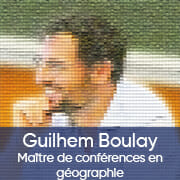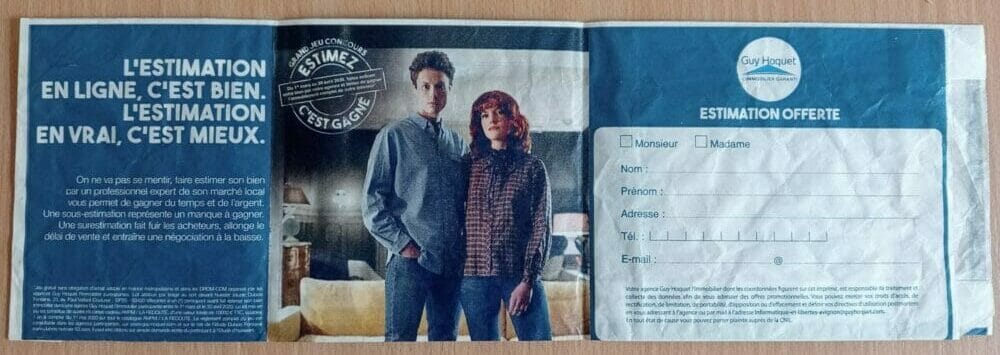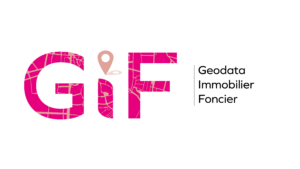[Portrait] Guilhem Boulay, Senior Lecturer in Geography (UMR 7300 ESPACE)
What is your research about?
My research in economic geography focuses mainly on the property markets. Initially, I focused on the spatio-temporal variability of property prices, about which little was known (on a fine scale) until recently, due to a lack of available data. Real estate data (its volume, quality and availability) is my second research area. Finally, I am interested in the digital transformation of the property market and its impact both in urban terms (segregation, public regulation) and on the structuring of the sector (disintermediation and reintermediation of the market, changes in business models).

What are your current scientific activities?
With several colleagues from Avignon (Laure Casanova Enault and Antoine Peris, geographers, and Delphine Blanke, statistician), we are currently launching the GIF Partnership Chair (Geodata, Real Estate, Land). This research project is original in that it is funded by both Avignon University and the founding members, both private and public, from outside the University: Adéquation, CEREMA, Meilleurs Agents and the Union Sociale pour l'Habitat. The SUD PACA region is also supporting the Chair. GIF will address a number of issues relating to land and property, including land and property ownership, on which we have been working a great deal recently. We will be presenting some of the results of this work at a Midisciences event on 4 May. [Find out more here: "Land and property owners in France" by Guilhem Boulay, Laure Casanova-Enault and Rémi Lei].
Why did you choose to work in academic research?
You can't be an admirer of Bourdieu's work and at the same time say that you have freely and independently chosen to become a teacher-researcher when you are 'the son of teachers'! So it was quite logical for me to follow a traditional course of study right through to my thesis, even though I didn't set my sights on becoming a teacher-researcher until quite late in the day. Positions are hard to come by in research, and I could very well not have got a post. Given my research themes, I could probably have taken up positions in other sectors, but I would probably have missed the pleasure of teaching and a certain amount of autonomy.
What advice would you give to students who want to do research?
I would say to them that it is fundamental to understand that research is not cut off from the rest of the world. Firstly, because research depends on society (this is very clear when it comes to funding, for example) and has a feedback effect on society. And secondly, because the qualities that research requires are also desirable in political and even personal life. Finally (and this advice only applies to geography students, as I don't know the other fields well enough to venture into them), from a very pragmatic point of view, professional integration into research is certainly difficult, but the subjects of geography theses lend themselves very well to professional integration into other sectors. So there's no risk in trying your luck!
What object or image from your business best illustrates you?
The presence of a property advertisement on this baguette bag is highly revealing of the importance of property, which can even be found on the packaging of France's busiest shops. The ad also shows the extent to which, by reintermediating the market (via online valuers in particular), digital technology is competing with more traditional players such as estate agents.
The laboratory: UMR 7300 espace
The ESPACE (Étude des Structures et des Processus d'Adaptation et des Changements de l'Espace) laboratory is a joint research unit (UMR 7300) set up in 1997, in association with the CNRS and three universities in the Provence-Alpes-Côte-d'Azur region: Aix-Marseille University, Avignon University and the Université Côte d'Azur.
ESPACE is a multi-disciplinary unit whose main areas of research are space-nature-society interactions around environmental issues and urban systems, and the theories, models and methods of spatial analysis.
>> Read more
The portraits
To discover all our portraits, go here.
Mis à jour le 19 April 2023
